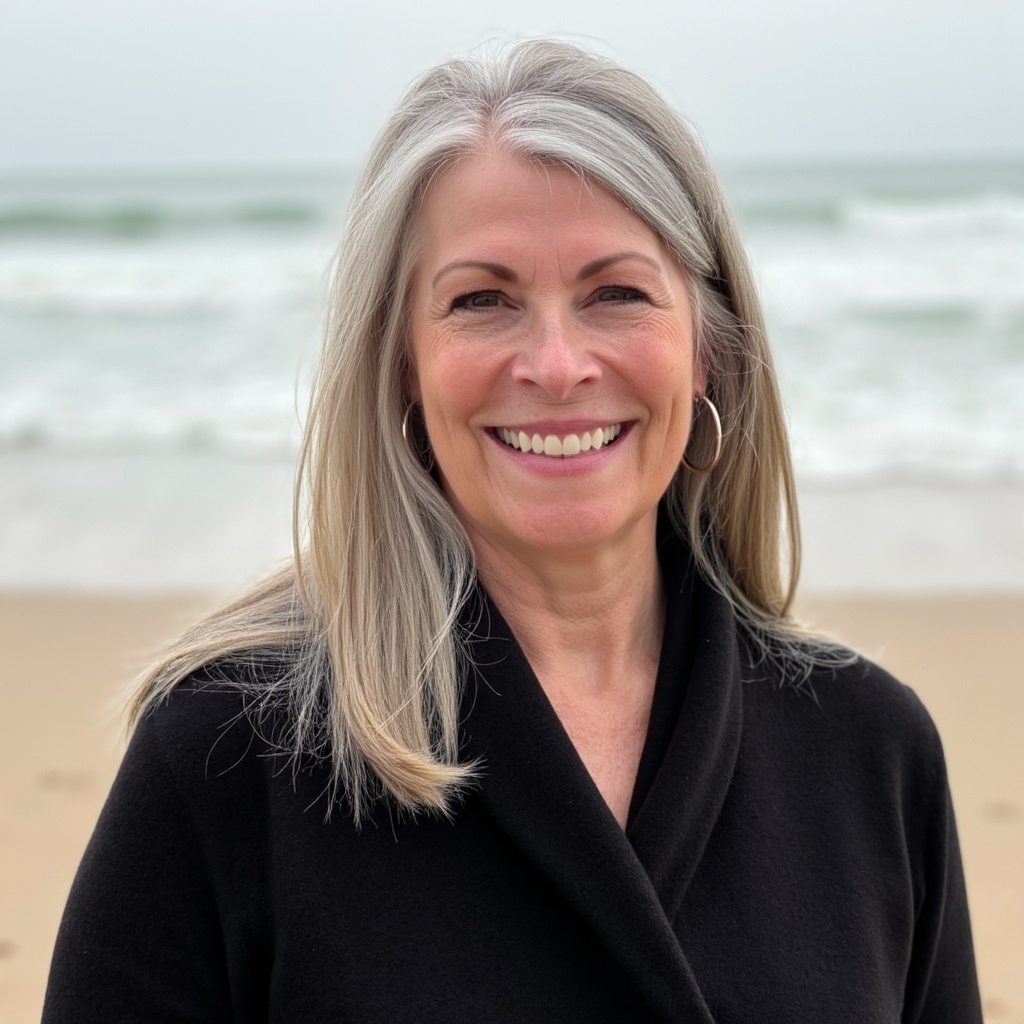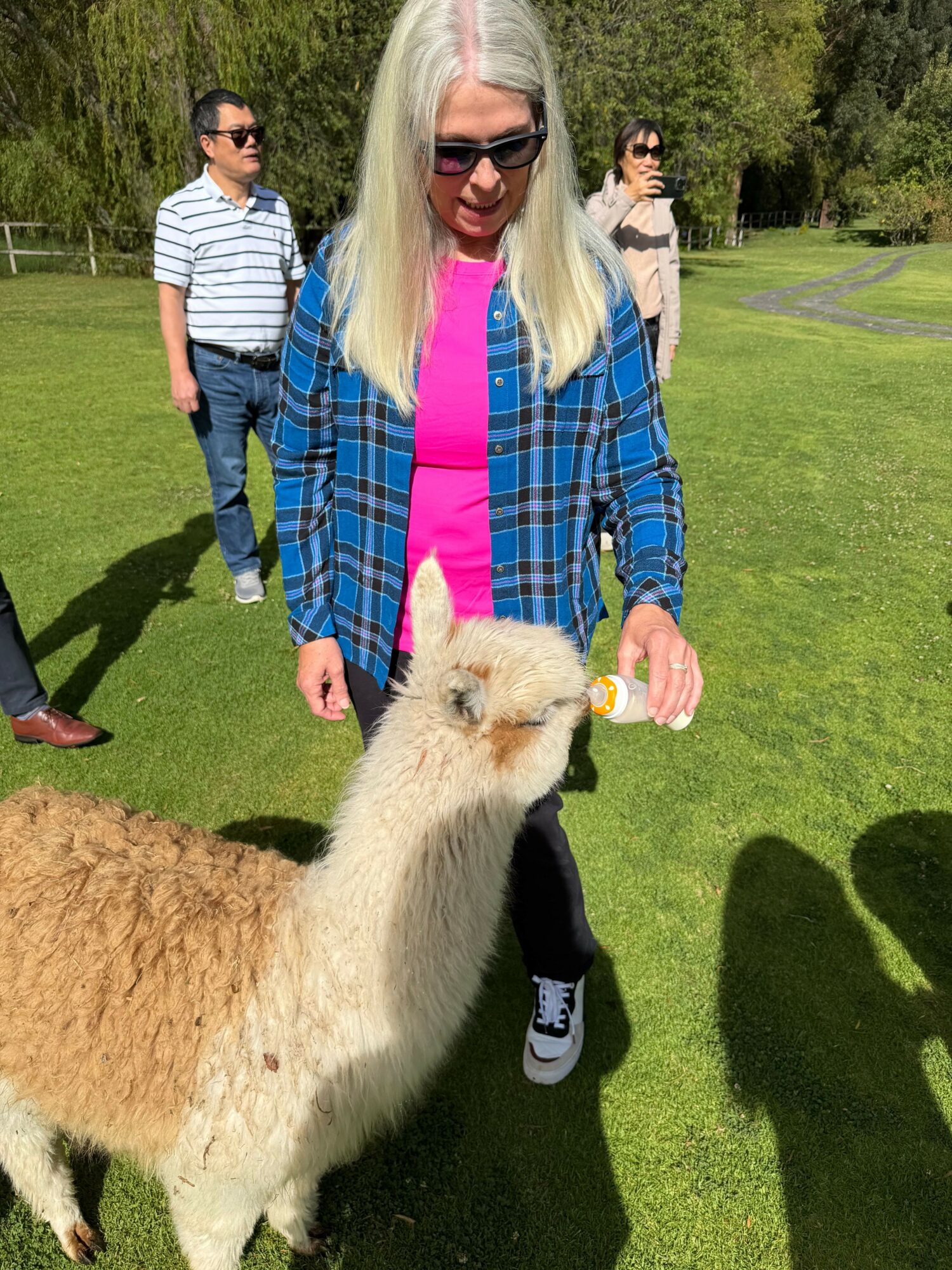

Today we’d like to introduce you to Carol Park.
Carol, we appreciate you taking the time to share your story with us today. Where does your story begin?
My journey guiding me to be a dietitian and therapist began with my own struggle with an eating disorder in the 70’s when there was little known about eating disorders. As part of my struggle, and simultaneously part of my healing, I majored in Nutrition at Baylor University. From there, I got a Master’s in Nutrition from TWU and researched the effect of bulimia on basal metabolic rate for my thesis. All of this education was also part of my recovery process and upon graduation I started working with an eating disorder program as the dietitian on the team. From there, I began a private practice and realized that I also wanted to work in the therapy side of healing and so I returned to school and got my Master’s in Professional Counseling. Today, I continue to combine both therapy and nutrition in the work that I do with clients.
One of my lifelong values is continued personal growth and learning and, in alignment with my values, I make it a goal to do some sort of intensive work every few years. Examples of this have included immersive weekends with my mentor, Francie White; my own personal therapy; Brene’ Brown’s certification as a Daring Way Facilitator; a 3 year journey with 3 separate week long intensives based on the Enneagram; and, most recently, a 12 week Coaching course. I do believe that those working in the therapeutic field should make their own work a priority for their own health and well being and for the well being of those they work with.
Would you say it’s been a smooth road, and if not what are some of the biggest challenges you’ve faced along the way?
My road has been relatively smooth, but I think that a life well lived will have struggles and challenges and from these we can grow. I personally believe that my own eating disorder recovery journey helped shape me and mold me into the person I am today and, without having to elaborate on my own experience with my clients, it has allowed me to help others with similar struggles. My mentor once stated that “to fully heal, we will have to go to the place that we say ‘I’ll go anywhere but there’.” Stated another way for therapists, Deany Laliotis, LCSW, says “If we are going to ask our clients to move into the places that they have spent a lifetime avoiding, we need to do the same”.
Thanks for sharing that. So, maybe next you can tell us a bit more about your work?
I have worked in the field of mental health for about 40 years, first as a dietitian working with eating disorders, and then adding the Licensed Professional Counselor credential and I absolutely love what I do. It truly is an honor to be a part of another human’s life journey and I do not take it for granted that they are opening up and trusting me to walk alongside of them for a time. In addition to my role as a therapist, I am proud of an unexpected success in the entrepreneurial world when myself and others decided to build a telehealth platform for therapists in 2013. Launching thera-LINK was wrought with vulnerability, defined by Brene’ Brown as uncertainty, risk and emotional exposure and taught me so much. We sold thera-LINK in 2019, think pre-Covid, and then with the overnight need for a telehealth platform for providers, thera-LINK grew exponentially. I still use the platform today with my own virtual clients and am reminded of the ups and downs, the courage to take risks and, in this case, the success that came with taking the risk.
Can you talk to us about how you think about risk?
Hahaha, I am chuckling to myself with this question because I literally just started talking about taking a risk in the prior question (without seeing this one yet). Building thera-LINK was all about risk taking: getting investment money, having the first development company go belly up without us having a product, deciding to move forward with a need for more investment money, the first product not working that well, having customers displeased, staying the course, working to improve the product by starting over yet again, etc. On a daily basis, we were putting ourselves in a position where we could fail, but we kept going. Along the way, we learned lots of shame resilience, we grew as a team and individually, we learned how to fail and get back up again, and the list goes on.
Contact Info:
- Website: https://recoveryreconnection.com











